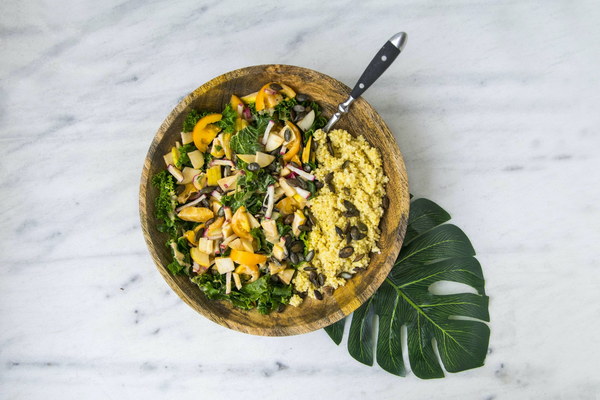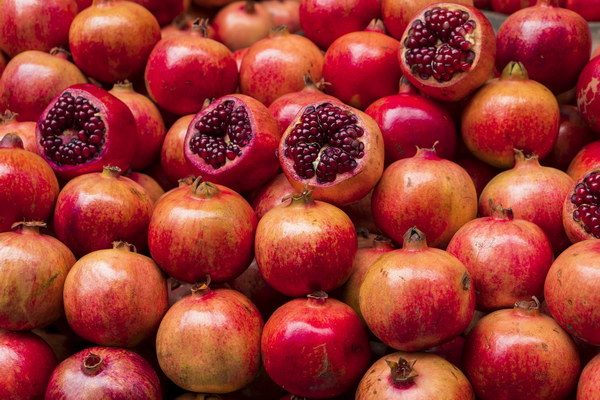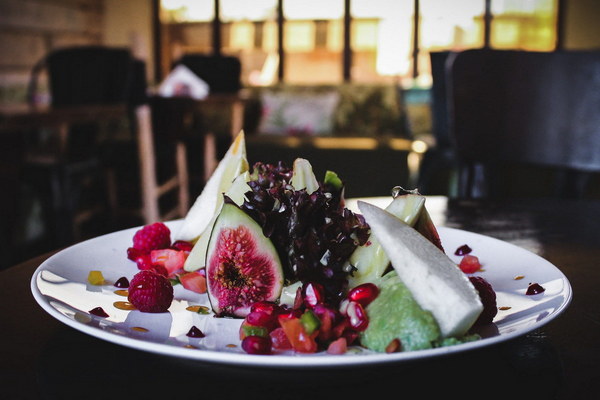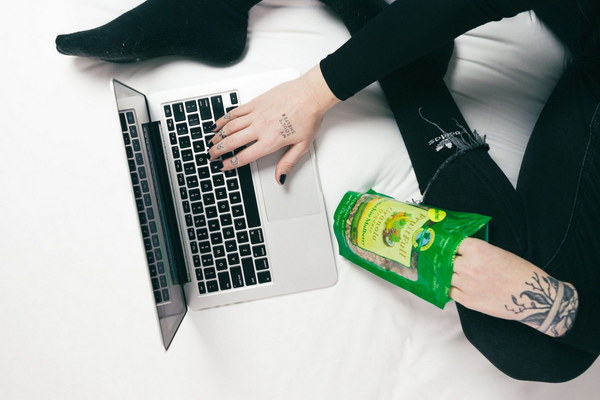Nurturing Health Essential Tips for Older MotherstoBe
As the age of childbearing continues to rise, so does the number of older mothers-to-be. Navigating the challenges of pregnancy at an older age requires special attention to physical and mental well-being. In this article, we will explore essential tips for older mothers-to-be to nurture their bodies during this transformative period.
1. Regular Pre-Natal Care
The cornerstone of a healthy pregnancy is regular pre-natal care. Older mothers-to-be should schedule frequent appointments with their healthcare provider to monitor the health of both mother and baby. These appointments may include blood tests, ultrasounds, and check-ups to ensure everything is progressing smoothly.
2. Nutritional Balance
A balanced diet is crucial for older mothers-to-be. It is essential to consume a variety of nutrient-rich foods, including fruits, vegetables, whole grains, lean proteins, and healthy fats. The following tips can help ensure proper nutrition:
- Increase iron intake to prevent anemia, which is more common in older pregnant women.
- Consume calcium-rich foods to support the baby's bone development.
- Stay hydrated by drinking plenty of water throughout the day.
- Limit caffeine and alcohol consumption, as they can be harmful to the baby's development.
3. Regular Exercise
Exercise is vital for maintaining a healthy pregnancy, especially for older mothers-to-be. Regular physical activity can help manage weight gain, improve cardiovascular health, and reduce the risk of pregnancy-related complications. However, it is essential to consult with a healthcare provider before starting any new exercise routine. Here are some safe exercises for older pregnant women:
- Walking: A great low-impact exercise that can be done throughout pregnancy.
- Swimming: Provides a full-body workout without putting stress on the joints.
- Prenatal yoga: Offers stretching and relaxation, which can help alleviate stress and improve flexibility.
- Strength training: Focus on light weights and bodyweight exercises to maintain muscle tone.
4. Adequate Rest
Rest is just as important as exercise and a balanced diet. Older mothers-to-be should aim for 7-9 hours of sleep per night and take naps when needed. Additionally, it is essential to listen to your body and rest when you feel tired or overwhelmed.
5. Manage Stress
Stress can have a negative impact on both mother and baby. Older mothers-to-be should find healthy ways to manage stress, such as:
- Practicing relaxation techniques, such as deep breathing or meditation.
- Seeking support from family and friends.
- Joining a prenatal class or support group for older mothers-to-be.
6. Stay Active After Delivery
Once the baby is born, older mothers-to-be should continue to focus on their health and well-being. This includes:
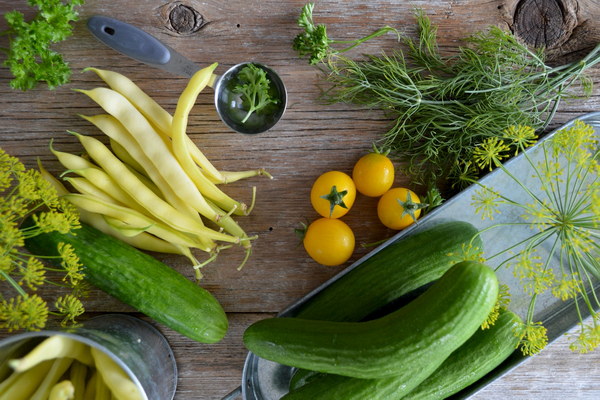
- Gradually resuming exercise, starting with light activities and gradually increasing intensity.
- Eating a balanced diet to support postpartum recovery.
- Prioritizing sleep and rest to help the body recover.
In conclusion, older mothers-to-be must prioritize their health and well-being during pregnancy and beyond. By following these essential tips, they can help ensure a healthy pregnancy and a smooth transition into motherhood. Always consult with a healthcare provider for personalized advice and support throughout this journey.

